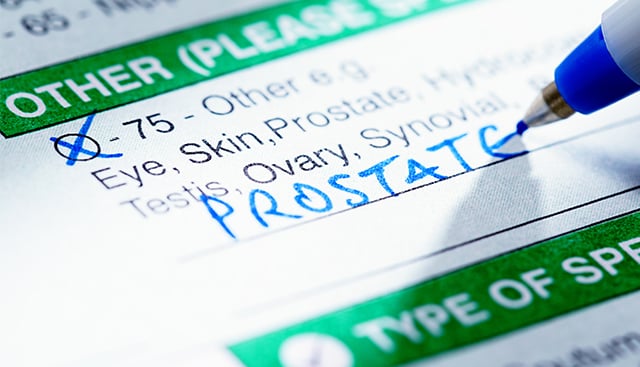
Can Blood Work Detect Cancer?
Having blood work performed as part of an annual wellness checkup is one of the most effective steps you can take to protect your health and maximize your well-being. Using the results of a routine blood test, such as a complete blood count (CBC), your physician can create a baseline for your overall health. By comparing the results of subsequent blood tests to the baseline, your physician can then identify changes that may warrant further investigation. That way, you might learn about a health issue early on, allowing you time to address it before you develop noticeable symptoms.
Among other things, routine blood testing can detect nutritional deficiencies, high cholesterol, anemia, diabetes, hormonal imbalances, infection and problems with thyroid, liver or kidney function. As such, blood work can provide a host of valuable health-related information. This may lead you to wonder if you could have cancer if your blood tests are normal.
Blood testing and cancer
In addition to serving as a general health "barometer," blood work plays an important role in diagnosing certain types of cancer. For instance, leukemia, a cancer that affects the body’s blood-forming tissues, can sometimes be detected in a routine blood test. Specifically, the CBC test measures the levels of the various types of blood cells circulating in the bloodstream, including red blood cells, white blood cells and platelets. Although an abnormal result could point to leukemia, it is important to note that it could also indicate a benign inflammatory condition. Therefore, a physician will typically order follow-up testing to confirm or rule out a leukemia diagnosis.
 Aside from leukemia, most cancers cannot be detected in routine blood work, such as a CBC test. However, specific blood tests are designed to identify tumor markers, which are chemicals and proteins that may be found in the blood in higher quantities than normal when cancer is present. One common example is the prostate-specific antigen (PSA) test, which measures the level of PSA in the blood. An elevated level of PSA—a protein produced by the prostate gland—may be a sign of prostate cancer.
Aside from leukemia, most cancers cannot be detected in routine blood work, such as a CBC test. However, specific blood tests are designed to identify tumor markers, which are chemicals and proteins that may be found in the blood in higher quantities than normal when cancer is present. One common example is the prostate-specific antigen (PSA) test, which measures the level of PSA in the blood. An elevated level of PSA—a protein produced by the prostate gland—may be a sign of prostate cancer.
Although blood work cannot currently be used on its own to conclusively diagnose cancer, it is often used in conjunction with other diagnostic tests, such as:
- A physical examination
- Imaging tests, such as X-rays, CT scans, MRIs, ultrasounds, bone scans and PET scans
- A urinalysis
- A Pap smear (for cervical cancer)
- A mammogram (for breast cancer)
- An endoscopic procedure, such as a bronchoscopy (for lung cancer) or colonoscopy (for colorectal cancer)
- A high-sensitivity fecal occult blood test (for colorectal cancer)
- A myelogram (for a spinal cord tumor)
- A biopsy, such as a needle, skin or surgical biopsy
Cancer screening and risk assessment
A recognized leader in the development of groundbreaking scientific technology that is widely used to detect or treat many types of cancer, Moffitt Cancer Center is proud to offer the latest cancer screening tests as well as genetic testing for cancer risk. If you would like to learn more, you can request an appointment with a specialist by calling 1-888-663-3488 or completing a new patient registration form online. As our patient, you can feel confident that you are a priority of Florida’s top cancer hospital, which is changing the model and delivering nationally ranked care in new and transformative ways. Our goal is to connect each new patient with a caring cancer expert as soon as possible.
